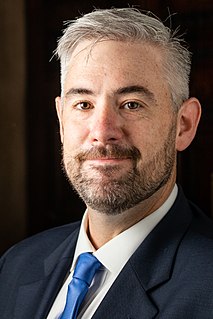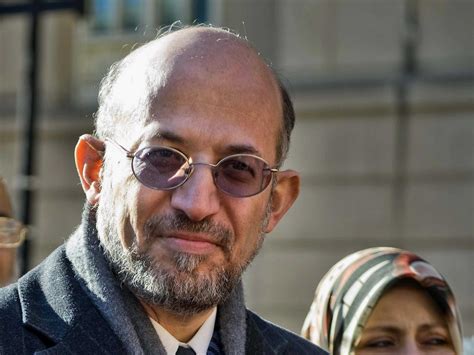A Quote by Matt Apuzzo
When you look at the big issues post-9/11 in the United States, whether it's water boarding, warantless wire tapping, surveillance, Gitmo, black sites rendition, all of those have been legal. Nobody has gone to jail for those programs.
Related Quotes
What we need in the United States is not division; what we need in the United States is not hatred; what we need in the United States is not violence or lawlessness; but love and wisdom, and compassion toward one another, and a feeling of justice toward those who still suffer within our country, whether they be white or they be black.
Back from 2001 to 2003, I wrote multiple editorials for The Washington Post about biological warfare and pandemic preparedness - issues that were at the top of everyone's agenda in the wake of 9/11 and the brief anthrax scare. At the time, some very big investments were made into precisely those issues, especially into scientific research.
The only people who live in a post-black world are four people who live in a little white house on Pennsylvania Avenue. The idea that America is post-racial or post-black because a man I admire, Barack Obama, is president of the United States, is a joke. And I hope no one will even wonder about this crazy fiction again.
After 9/11 we were prepared to use military force. We were prepared to go after not only the terrorists, but those who sponsor terror and provide sanctuary and safe harbor for them. We were prepared to use our intelligence assets the way we would against an enemy that threatened the United States itself, to put in place, for example, things like the Terror Surveillance Program and to have a robust interrogation program on detainees. Those are the acts you take when you feel you're at war and that the very existence of the nation is threatened.
In the United States those bits of our history that remain are paved over, sanitized, packaged for easy consumption. At those sites not already lost to commercial development, we walk between velvet ropes, herded by guides, warned not to touch. Our icons are preserved under glass, their magic demystified in glossy brochures.
The ideals and the values of the United States inspired the entire world. I don't think any of us can say that our standing in the world now, the way children around the world look at the United States, is the same. And part of what we need to do is to send a message to the world that we are going to invest in issues like education, we are going to invest in issues that relate to how ordinary people are able to live out their dreams. And that is something that I'm going to be committed to as president of the United States.
































